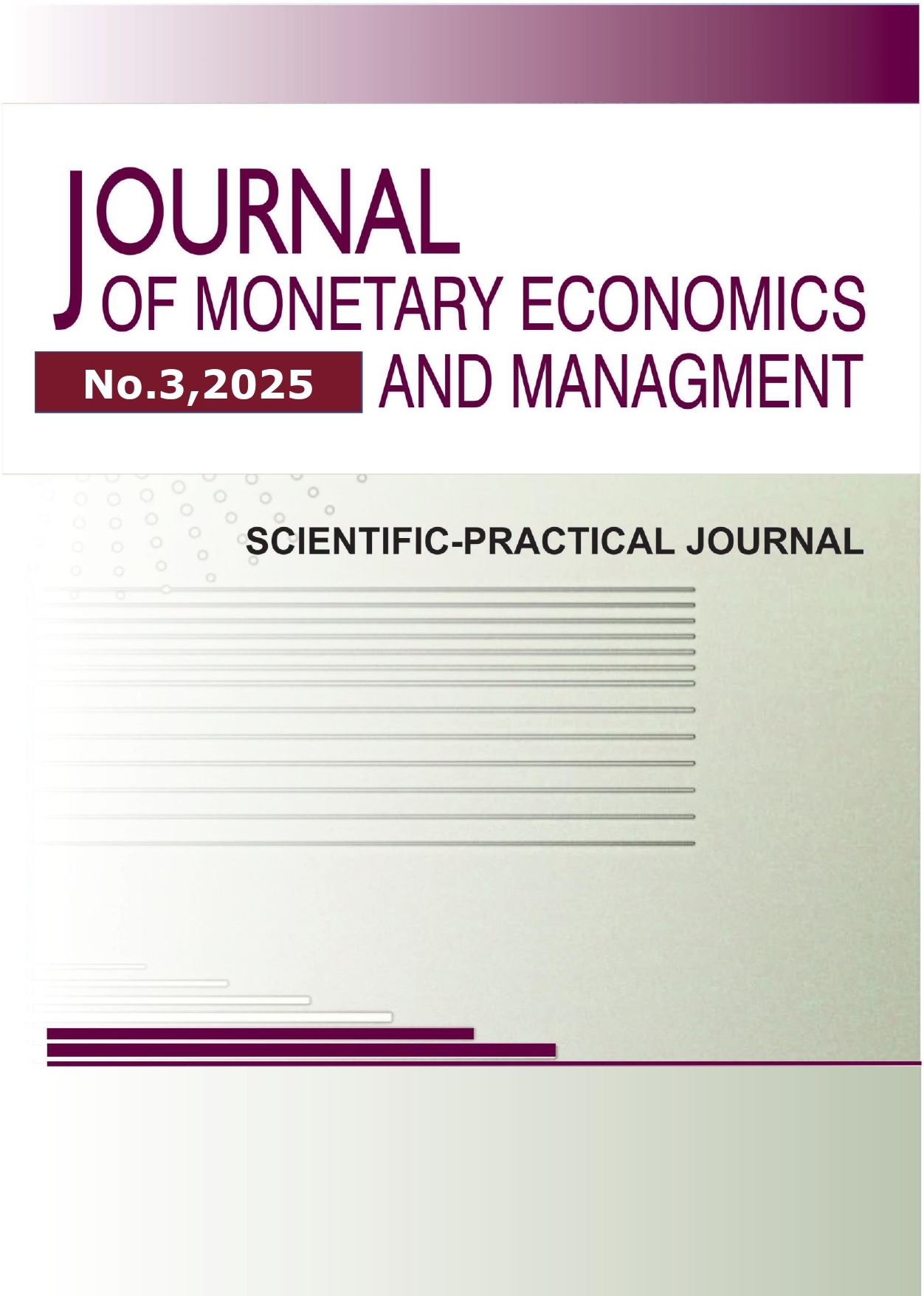employee
employee
UDC 006.015
According to the Strategy for Scientific and Technological Development of the Russian Federation, approved by Presidential Decree No. 145 dated February 28, 2024, one of the main challenges facing modern economy and society is ensuring food security and improving the quality of food products. In the course of systematizing and analyzing domestic and foreign information sources, some promising directions have been identified and proposed for improving methods of managing the quality of food products. Important areas in the context of improving food quality management systems include the application of innovative methods such as biochemical analysis, spectrophotometry, as well as the use of product traceability systems from production to market to consumer. Among current management mechanisms, the Quality Management System (QMS) remains popular, with its basic principles and requirements regulated by the series of international standards ISO 9001. It has been established that at present, the requirements of ISO 9001 are widely used due to their universality, but they lack specific requirements that take into account the specifics of enterprises. The authors propose a new mechanism for implementing a QMS for food products based on two interrelated approaches: analyzing consumer requirements from the perspective of satisfaction with safety and product quality, and introducing artificial intelligence systems into the technological chain, including at the stage of traceability. All stages of these processes should be digitized and reflected in the state-level traceability system. Given the need to update regulatory and legislative frameworks, as well as the constant improvement of food quality, the implementation mechanism of the QMS can be improved, updated, and actualized in line with changes in normative requirements for quality, shifts in population demands, and the acceleration of competitive dynamics in the industry, etc. This makes the QMS one of the most flexible and dynamically developing systems in the context of digitalization of all production stages.
quality, control, safety, food products, quality management, production, traceability
1. Bal'dzhi Yu.A., Adil'bekov Zh.Sh. Sovremennye aspekty kontrolya kachestva i bezopasnosti pischevyh produktov: monografiya. M.: Izdatel'stvo «Lan'». 2019. 216 s.
2. Botkin O.I., Sutygina A.I., Sutygin P.F. Nacional'nye aspekty ocenki prodovol'stvennoy bezopasnosti // Vestnik Udmurtskogo universiteta: seriya «Ekonomika i pravo». 2016. T. 26, №4. S. 20-27.
3. Vorob'ev V.V. Sistema formirovaniya i upravleniya kachestvom proizvodimoy pischevoy produkcii // [Elektronnyy resurs]. URL: https://rep.bsatu.by/bitstream/doc/5905/1/sistema-for mirovaniya-i-upravleniya-kachestvom-proizvodimoj-pishchevoj-produkcii.pdf (data obrascheniya: 10.09.2024).
4. Zaycev V.G. Sistema avtomatizacii kontrolya myasnoy produkcii. Podsistemy ocenki kachestva myasnoy produkcii. Matematicheskie mashiny i sistemy. 2006. № 2. S. 136-140.
5. Koksharova A.R. Sistemy upravleniya kachestvom produkcii, primenyaemye na pischevyh predpriyatiyah Rossii // [Elektronnyy resurs]. URL: https://scienceforum.ru/2020/article/2018019726 (data obrascheniya: 10.09.2024).
6. Kurenschikov A.V. Praktika realizacii standartov kachestva pischevyh produktov // Aktual'nye issledovaniya. 2023. № 16 (146). S. 36-42.
7. Logunova N.Yu., Polyakov A.N., Obelenceva A.Yu. Avtomatizirovannye sistemy upravleniya v proizvodstve i realizacii hlebobulochnoy produkcii. Vestnik nauki. 2023. T. 3, № 1(58). S. 356-376.
8. Nilova L.P., Vytovtov A.A., Malyutenkova S.M., Laboyko I.Yu. Problemy bezopasnosti hlebobulochnyh izdeliy: transizomery zhirnyh kislot. Vestnik Yuzhno-Ural'skogo gosudarstvennogo universiteta. Seriya: Pischevye i biotehnologii. 2017. T. 5, № 2. S. 78-86.
9. Nilova L.P., Malyutenkova S.M., Arsiriy A.G., Muhutdinov R.R. Issledovanie karotinoidov apel'sinovyh sokov i nektarov. XXI vek: itogi proshlogo i problemy nastoyaschego plyus. 2021. T. 10, № 2(54). S. 127-131.
10. Ovchinnikova T.I., Belyaeva G.V., Gosteva G.V., Hohlov V.A. Razvitie sistem upravleniya kachestvom na predpriyatiyah pischevoy promyshlennosti // Prakticheskiy marketing. 2018. № 10. S. 144-150.
11. Sibircev V.S., Kuz'min A.G., Titov Yu.A. [i dr.]. Vozmozhnosti mass-spektrometricheskogo kontrolya kachestva molochnoy produkcii na primere promyshlennyh yogurtov s razlichnymi dobavkami. Nauchnoe priborostroenie. 2023. T. 33, № 4. S. 101-110.
12. Shestov E.A. Innovacionnye metody kontrolya i obespecheniya kachestva pischevyh produktov s ispol'zovaniem standartizacii i metrologii // Molodoy uchenyy. 2024. № 25 (524). S. 39-41.
13. Ding J., Nemati M., Ranaweera C., Choi J. IoT Connectivity Technologies and Applications a Survey // IEEE Access. 2020. Vol. 8. P. 67646-67673.
14. Mehannaoui R., Mouss K.N., Aksa K. IoT-based food traceability system: Architecture, technologies, applications, and future trends // Food Control. 2023. Vol. 145. P. 109409
15. Yang X., Li M., Yu H., Wang M., Xu D., Sun C. A trusted blockchain-based traceability system for fruit and vegetable Agricultural products // IEEE Access. 2021. Vol. 9. P. 36282-36293.









